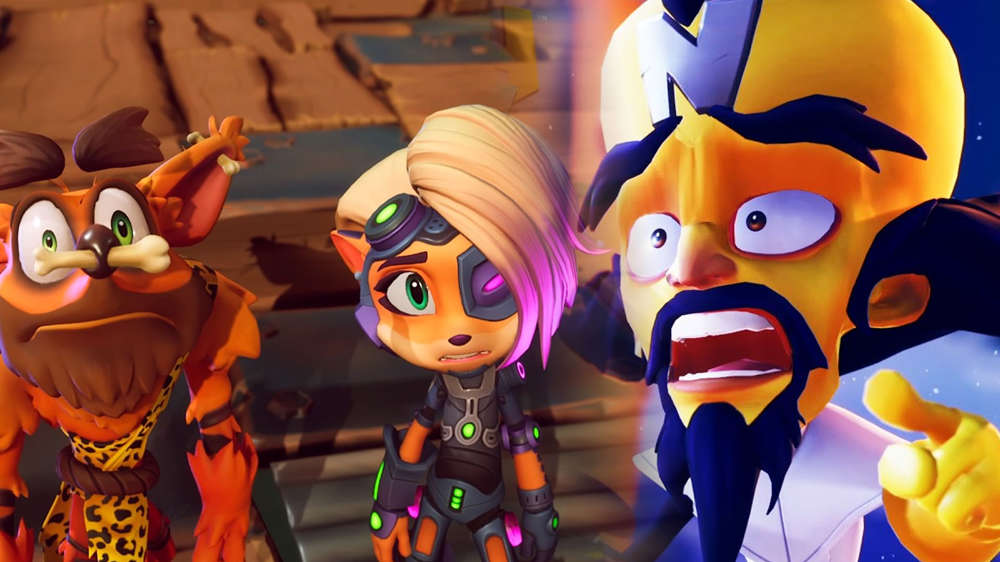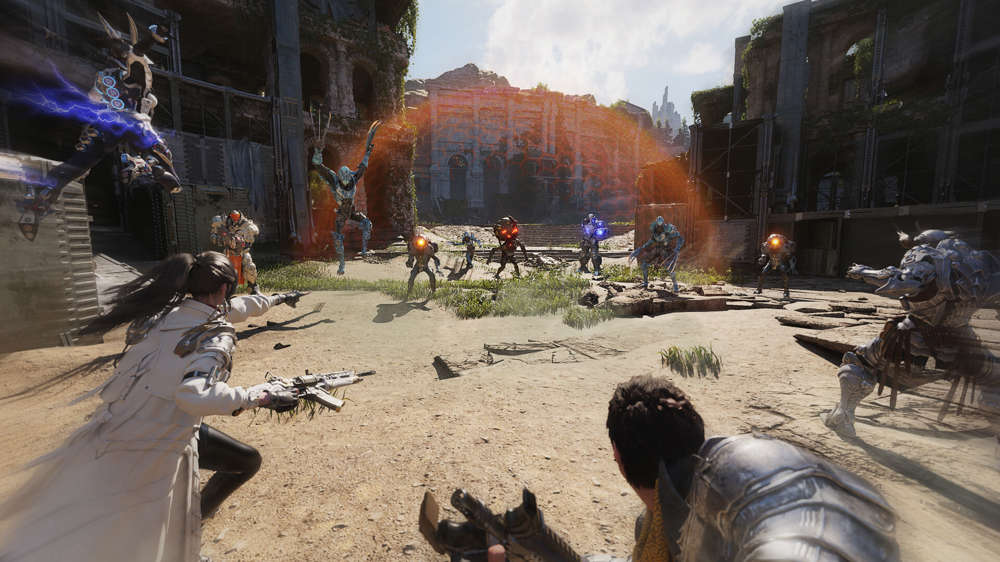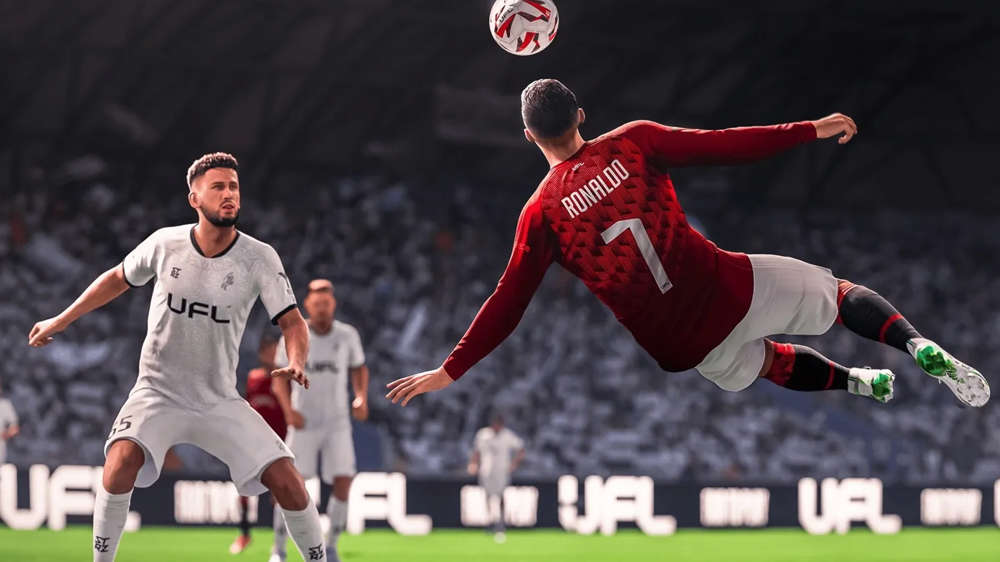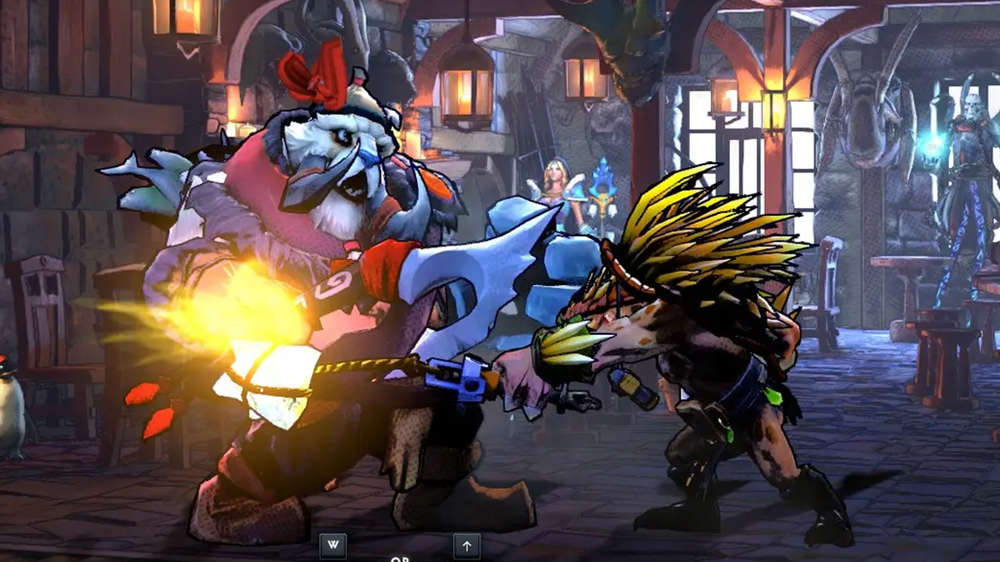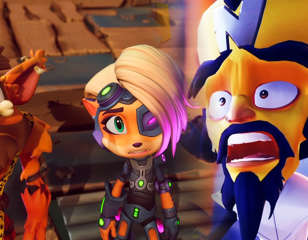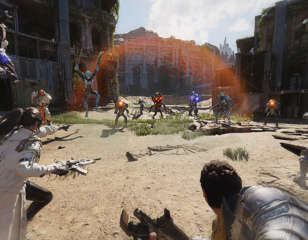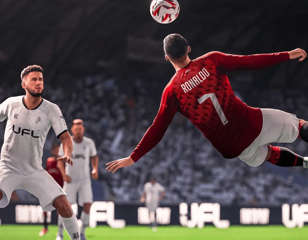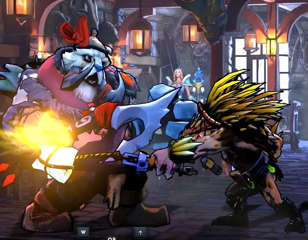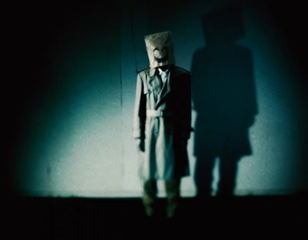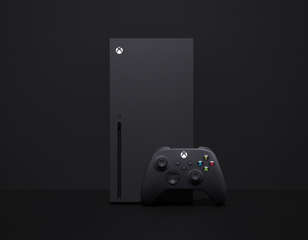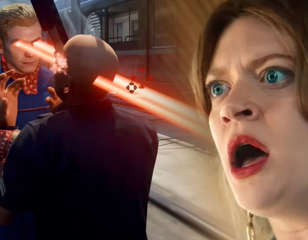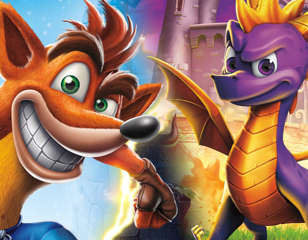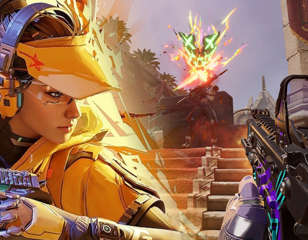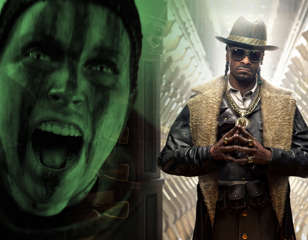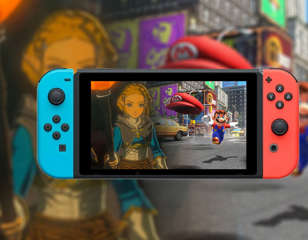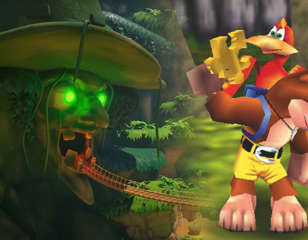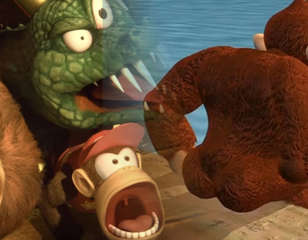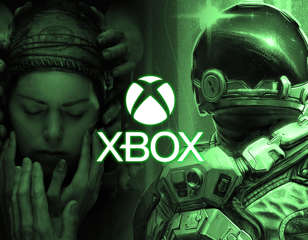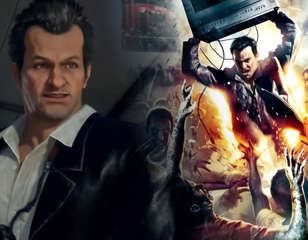The History Of Trash-Talking In Esports
Does trash-talking have an affect in esports, and when did it start?

Cameron Taylor
20th Dec 2020 19:30
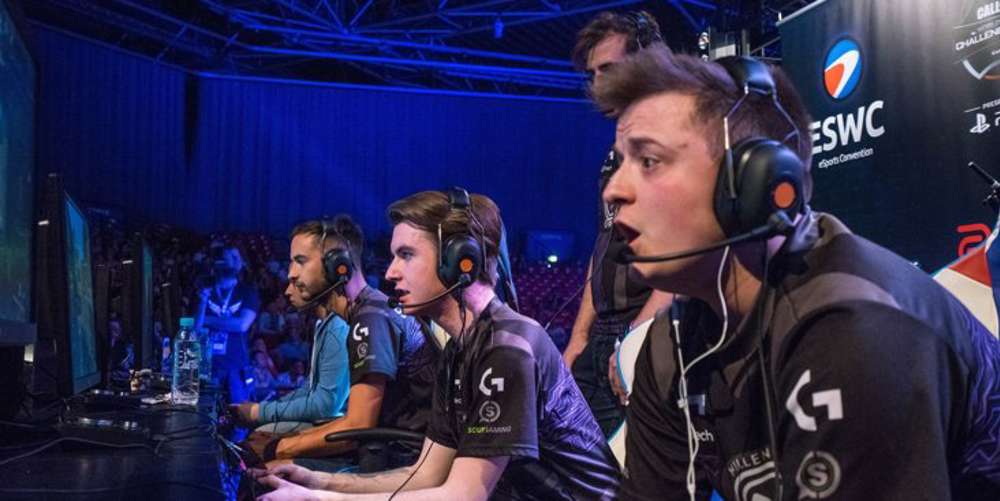
Since the beginning of online multiplayer gaming, using trash talk to get into your opponent's head has been a tactic players across the world have used. Therefore, it’s use in esports seems a logical step for competitive players to use to try and fluster their opposition and gain any advantage they can get, after all, they’re playing for thousands of dollars. In a Red Bull interview, Call of Duty professional Joshua-lee “Joshh” Sheppard said “I’d say trash-talking can play a 40% part of us winning a game a lot of the time” which just goes to show how much of a mental game esports can be.
The origins of esports trash talking
Whilst there is no recorded first incident of trash talking in esports, the game most synonymous with it in the early to mid-2000s was, without a doubt, Halo. Watching star players such as David “Walshy” Walsh and Tom “Tsquared” Taylor amongst many others talk trash online, as the game was making it into the mainstream, built up so much hype for fans, making them eagerly anticipate the next matchup between the teams. The famous Walshy quote of “it was like taking candy from a baby” after beating his former team that released him will go down in esports history as one of the best trash-talking moments of all time. Adding the extra layer of an intense rivalry to matches that fans already couldn’t wait to watch made Halo the go-to esports title in the 2000s.
As well as Halo, you can’t talk about trash-talking without mentioning Fighting games. The 1v1 nature of games such as Mortal Kombat and Super Smash Bros; sitting side by side with your opponent just lends itself perfectly to trash talk. One of the players most famous for his trash talk is William “Leffen” Hjelte. Over his career, he has garnered a reputation of being somewhat of a villain in the Smash Bros community, even once in 2013 receiving a ban from competing in tournaments due to his so-called 'toxic' behaviour towards fellow competitors. However, when it comes to Leffen, it's hard to argue that his trash-talking hasn’t helped his career, and possibly also helped him in-game as well by adding the pressure of losing to a notorious trash talker who will without a doubt roast you after a loss, mixed with the fact you’re already competing in an intense tournament. During his time competing, Leffen became the first player to beat all six gods of Super Smash Bros and became the first player since 2010 to win a major who wasn't one of the six in 2015, showing whilst he might trash talk out of game, it definitely doesn't hinder his performance on it.
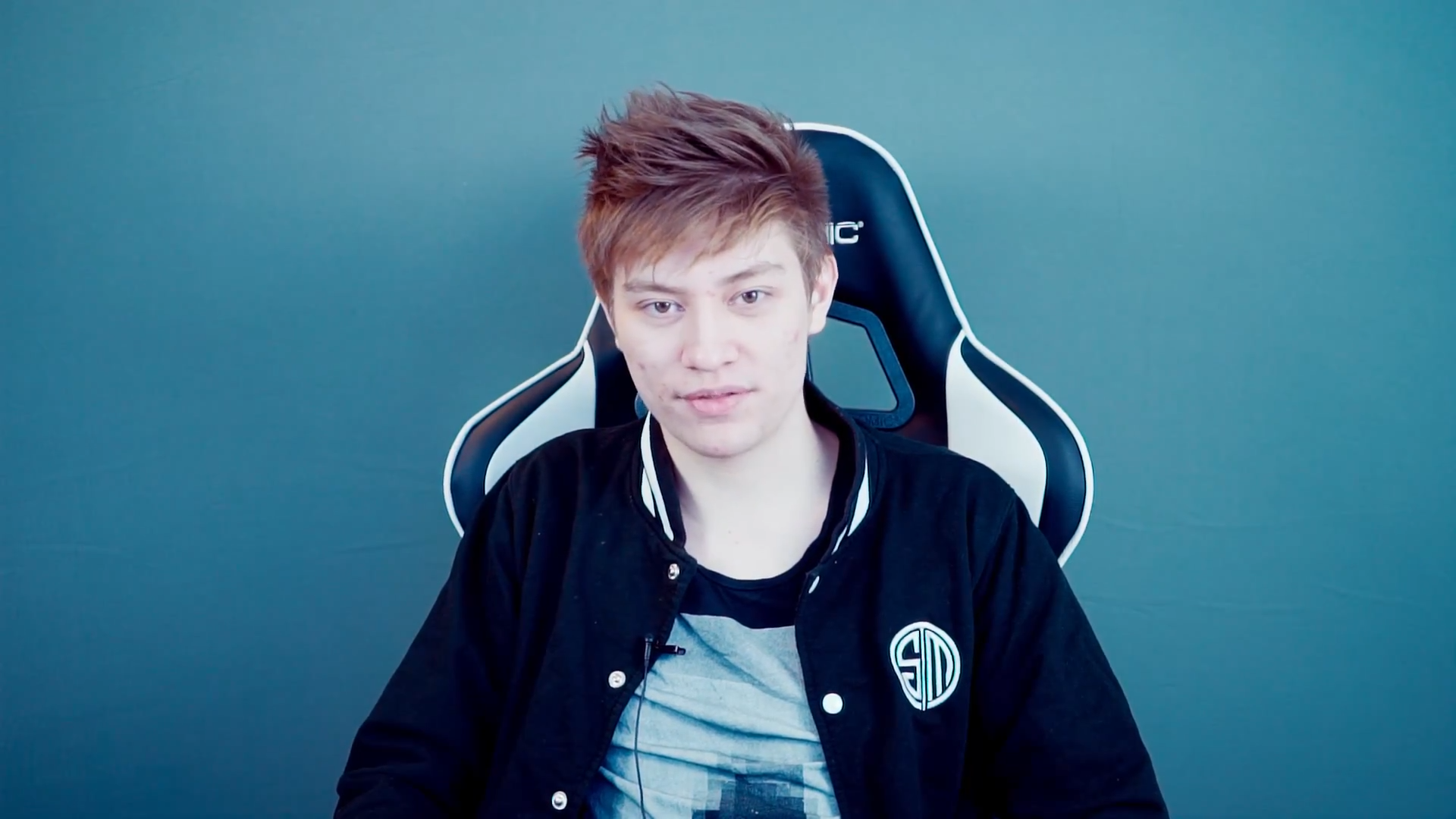
Trash talking or cyberbullying?
Although, whilst many can argue that trash-talking is simply a tactic to gain a mental edge on your opponent, some people question whether or not using insults directed towards people to gain an advantage is simply just cyberbullying. The biggest example of when trash-talking went too far was an incident between Counter-Strike: Global Offensive (CS:GO) professional players Ryan “freakazoid” Abadir and Oleksandr “S1mple” Kostyliev. During an FPL match, freakazoid felt the need to trash s1mple, firstly about his gameplay but progressively took the insults more personal, at one point saying “I don’t think you have real-life friends, do you?” Many people saw this as the line that shouldn’t be crossed, talking about in-game incidents is seen as acceptable, however, bringing someone’s personal life into the conversation is viewed as unacceptable by a majority of the gaming community.
Especially with esports in its current state, with players increasingly becoming more affected by stress, having someone publicly talking about your life in a derogatory manner could very easily have a negative impact on the mental health of the players.
The end of trash-talking?
However, in recent years, with organisations trying to become more professional and leagues becoming franchised, players have been somewhat forced to refrain from trash-talking opponents on social media, with the possibility of being fined now a reality for players. With teams relying on big-name sponsors to fund their organisations, they can’t afford to have players representing the team in a negative way on social media in front of thousands of fans.
Although, in what many fans have seen as a refreshing throwback in esports, it would appear that one game where trash-talking is prevalent is the new Riot Games FPS VALORANT. Since the release of the game, it has become clear to fans that the players are more than willing to call out their competition before and after games, which has been a huge step in creating rivalries and building hype for the games.
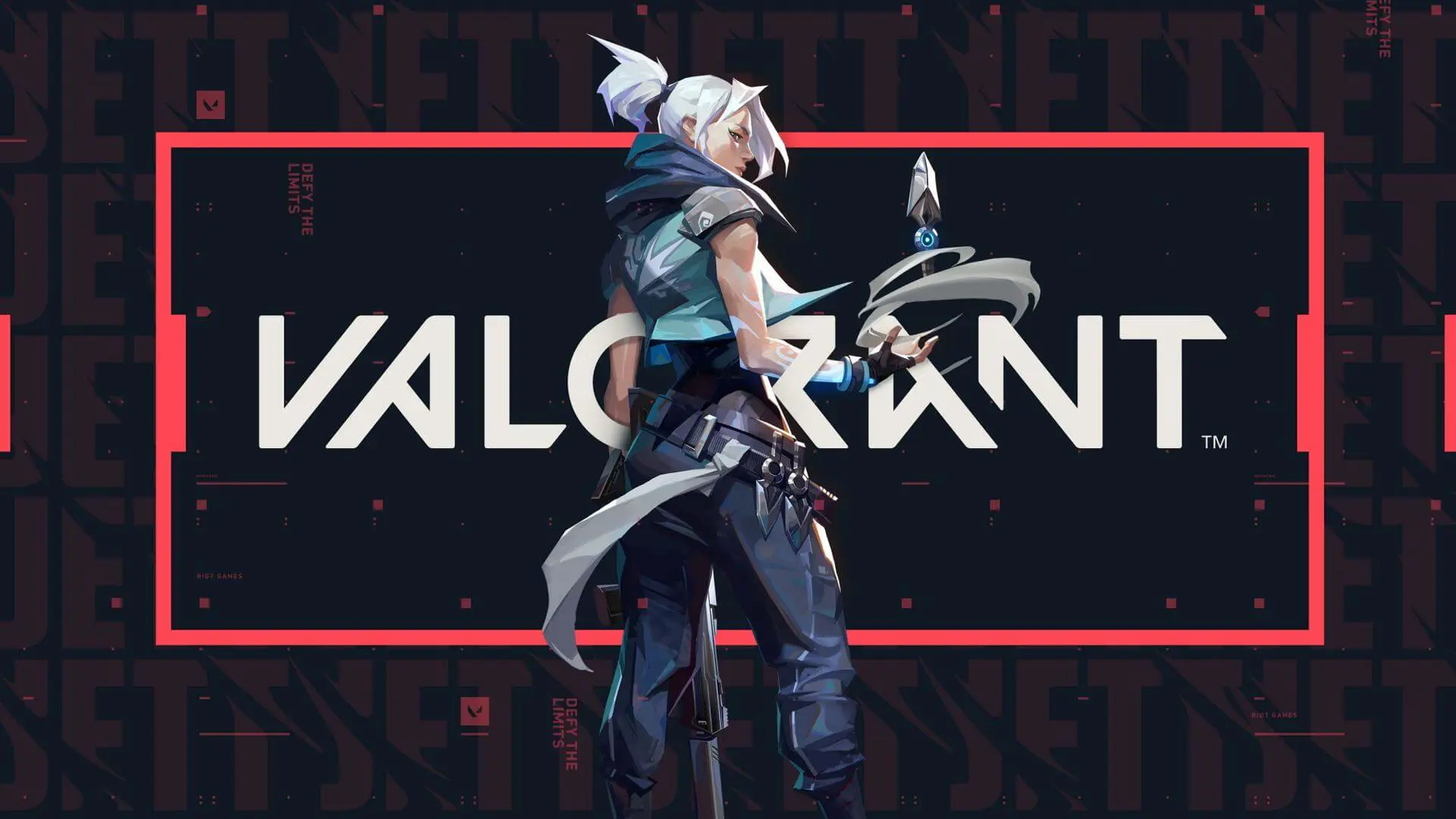
Recently, there has been a lot of trash talk between 100 Thieves and Sentinels, with both teams going back and forth on who should be seen as the number one team in North America. This trash talk culminated in 100 Thieves in-game leader Joshua “Steel” Nissan and Sentinels star player Jay “Sinatraa” Won going at each other indirectly on Twitter regarding the ease in which both teams managing to beat each other in recent tournaments, which will no doubt leave fans on the edge of their seats for the next time the teams play, with one thing for definite - they will be sure to look out for shooting bodies and disrespect both on and off the server.
Whilst trash-talking is now seen as more unprofessional and somewhat looked down upon in esports nowadays, in the minds of many esports fans it almost feels like a lost art seeing your favourite players going at each other on social media on any given day, and even though the trash-talking may never be the same as it once was, it will always remain a part of the history of esports.
Images via Huffington Post | Riot Games

About The Author
Cameron Taylor
Cameron Taylor was a freelance contributor to GGRecon.
